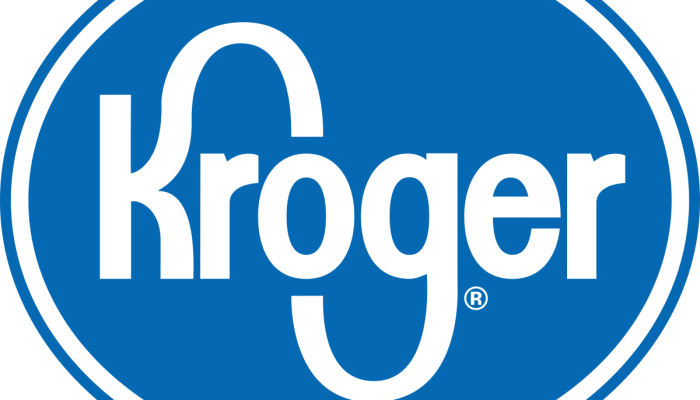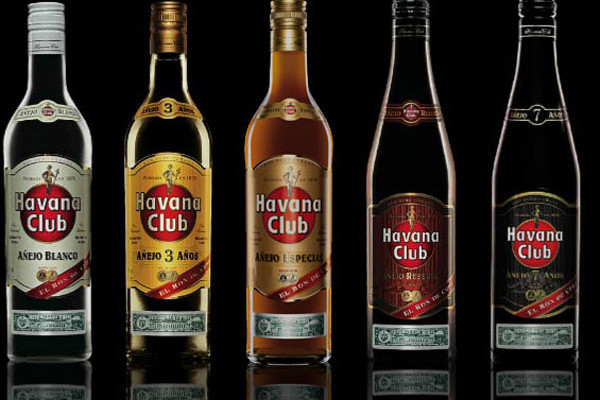Kroger is a grocery store super giant. Operating around 2,800 stores nationally, it is America’s largest grocery store chain. Its stores generated $115.3 billion in total sales in 2016 with approximately $20 billion in sales coming from its in-house brand “Private Selection”. That’s a lot of dough. So when European grocery giant Lidl began opening stores in the US and using its in-house brand “Preferred Selection”, Kroger quickly took action to protect its hard-won turf by filing a trademark infringement and dilution lawsuit, claiming that Preferred Selection is likely to cause confusion among consumers and dilutes the value of Kroger’s registered trademarks.
Continue reading “Kroger Sues Newcomer Lidl”




